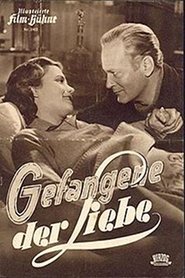detail profile agnes fink
Peran Yang Di Mainkan Agnes Fink
 Its 1922 A weather observer and his...
Its 1922 A weather observer and his...The Mountain 1990
It's 1922. A weather observer and his wife live in a remote cabin high in the Swiss Alps. As this drama begins, they are being joined by a third person, an Austrian who coveted the job the Swiss man had won in this bleak location. Not only that, but he also has his eyes on the Swiss man's lovely wife. The Austrian has charm, so he wins some hospitality from the couple. The three live together for a little while, but the rivalry between the two men soon erupts with tragic consequences.
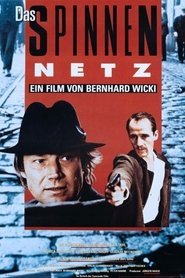 Ulrich Mhe plays a German businessman...
Ulrich Mhe plays a German businessman...Spider's Web 1989
Ulrich Mühe plays a German businessman who was born completely without scruples. This makes him an eminently suitable candidate for success in the chaotic years after World War I. The shameless man's story is contrasted with that of his polar opposite, a Jewish anarchist.
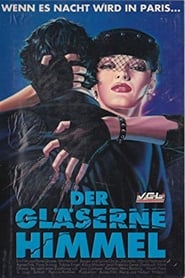 Julien works in an office and...
Julien works in an office and...The Glass Sky 1987
Julien works in an office and lives with his invalid mother and his girlfriend in a pre-war Paris apartment. He feels like the two women take advantage of him and at night, he dreams of sex and violence. Meanwhile, a murderer is loose in Paris, killing women. One day in the metro, Julien believes he sees a murder victim from his dreams; the enigmatic beauty leads him into an old shopping arcade peopled by strange figures, where he meets prostitute Bichette. The independent, confident young woman starts an affair with the clerk. But then Julien witnesses a real murder in the glass-roofed arcade…
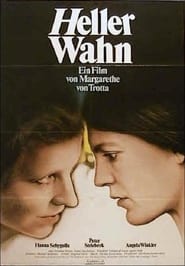 Olga and Ruth become friends Olga...
Olga and Ruth become friends Olga...Sheer Madness 1983
Olga and Ruth become friends. Olga is independent, separated from her husband, living with an immigrant pianist, and teaching feminist literature. Ruth is withdrawn, a painter, possibly mentally ill. Ruth dreams in black and white, sometimes of her suicide. Olga lectures on a 19th-century writer, von Günderrode, a suicide after the breakup of her intense friendship with Bettina Brentano. Ruth's husband Franz encourages the women's friendship, then, as Olga draws Ruth out and the friendship deepens, he becomes jealous. After the women travel to Egypt, Franz has a tirade. Ruth seems crushed between her husband and her friend, and how she responds is the film's climax.

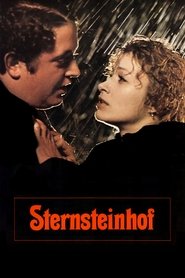
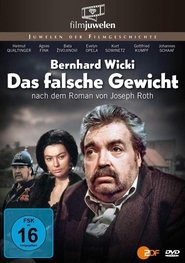 Tells of the tribulations of a...
Tells of the tribulations of a...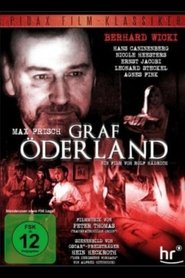
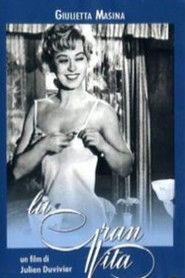 Doris Putzke is fond of dating...
Doris Putzke is fond of dating...